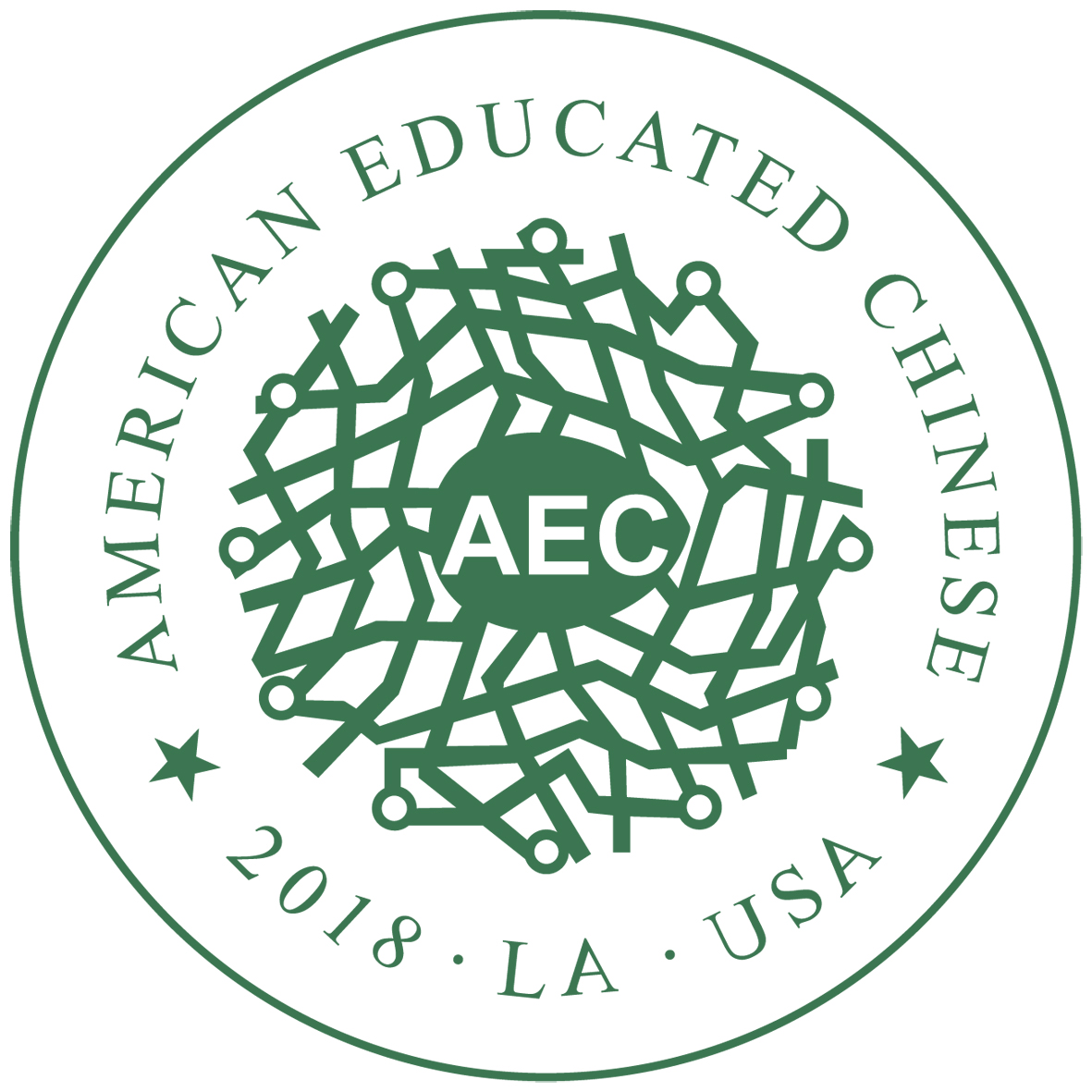(1) AEC-RUP Club: Save the Ocean (2) AEC-PPR Club: Plastic Pollution Reduction
American Educated Chinese Foundation
(
Non-governmental organization (NGO)
)
#OceanAction46441
Description
The RUP (Renewable Urban Pioneer) and PPR Clubs under AEC (American Educated Chinese) Foundation are formed by a group of youth volunteers, mostly from Grade 7-Undergraduate students in Irvine, California, USA.
RUP: https://www.aecglobal.org/clubs/rup-2022
PPR: https://www.aecglobal.org/clubs/ppr
The 2022 project for RUP is to "Save the Ocean". We are committed to improving the life under water by mitigating the effects of industrial waste through a unique combination of education, action, and innovation. The youth group goes to clean the beech regularly and do research about how pollution impacts the Ocean's ecosystem, especially the pollution from the industrials' activities. The youth group is also designing a robot who can classify the trash and pick up the trash and create an E-book to raise the public awareness of reducing the pollution.
The PPR (Plastic Pollution Reduction) Club: Over eight million metric tons of plastic waste enters our oceans every year, the issue of plastic pollution is endemic. Our effort will culminate in a paper and presentation regarding the dangers of microplastics on our oceanic trophic pyramid. We will add our voices and targeted research to the growing conversation about combating global plastic pollution.
American Educated Chinese Foundation
SDGS & Targets
Goal 14
Conserve and sustainably use the oceans, seas and marine resources for sustainable development
14.1
By 2025, prevent and significantly reduce marine pollution of all kinds, in particular from land-based activities, including marine debris and nutrient pollution
14.1.1
(a) Index of coastal eutrophication; and (b) plastic debris density
14.2
By 2020, sustainably manage and protect marine and coastal ecosystems to avoid significant adverse impacts, including by strengthening their resilience, and take action for their restoration in order to achieve healthy and productive oceans
14.2.1
Number of countries using ecosystem-based approaches to managing marine areas
14.3
Minimize and address the impacts of ocean acidification, including through enhanced scientific cooperation at all levels
14.3.1
14.4
By 2020, effectively regulate harvesting and end overfishing, illegal, unreported and unregulated fishing and destructive fishing practices and implement science-based management plans, in order to restore fish stocks in the shortest time feasible, at least to levels that can produce maximum sustainable yield as determined by their biological characteristics
14.4.1
14.5
By 2020, conserve at least 10 per cent of coastal and marine areas, consistent with national and international law and based on the best available scientific information
14.5.1
14.6
By 2020, prohibit certain forms of fisheries subsidies which contribute to overcapacity and overfishing, eliminate subsidies that contribute to illegal, unreported and unregulated fishing and refrain from introducing new such subsidies, recognizing that appropriate and effective special and differential treatment for developing and least developed countries should be an integral part of the World Trade Organization fisheries subsidies negotiation
14.6.1
Degree of implementation of international instruments aiming to combat illegal, unreported and unregulated fishing
14.7
By 2030, increase the economic benefits to Small Island developing States and least developed countries from the sustainable use of marine resources, including through sustainable management of fisheries, aquaculture and tourism
14.7.1
Sustainable fisheries as a proportion of GDP in small island developing States, least developed countries and all countries
14.a
Increase scientific knowledge, develop research capacity and transfer marine technology, taking into account the Intergovernmental Oceanographic Commission Criteria and Guidelines on the Transfer of Marine Technology, in order to improve ocean health and to enhance the contribution of marine biodiversity to the development of developing countries, in particular small island developing States and least developed countries
14.a.1
14.b
Provide access for small-scale artisanal fishers to marine resources and markets
14.b.1
Degree of application of a legal/regulatory/policy/institutional framework which recognizes and protects access rights for small‐scale fisheries
14.c
Enhance the conservation and sustainable use of oceans and their resources by implementing international law as reflected in United Nations Convention on the Law of the Sea, which provides the legal framework for the conservation and sustainable use of oceans and their resources, as recalled in paragraph 158 of "The future we want"
14.c.1
Number of countries making progress in ratifying, accepting and implementing through legal, policy and institutional frameworks, ocean-related instruments that implement international law, as reflected in the United Nations Convention on the Law of the Sea, for the conservation and sustainable use of the oceans and their resources
SDG 14 targets covered
| Name | Description |
|---|---|
| 14.1 | By 2025, prevent and significantly reduce marine pollution of all kinds, in particular from land-based activities, including marine debris and nutrient pollution |
| 14.2 | By 2020, sustainably manage and protect marine and coastal ecosystems to avoid significant adverse impacts, including by strengthening their resilience, and take action for their restoration in order to achieve healthy and productive oceans |
Deliverables & Timeline
RUP: https://www.aecglobal.org/clubs/rup-2022
- Clean the trash on the beech
- Raise public awareness of saving the ocean through seminars, field trips, articles, and book
PPR: https://www.aecglobal.org/clubs/ppr
-
General research on the topic of plastic polution
-
Focused in on the rising harm of Microplastics on the Marine Eco-system
-
Ultimately ending up in the human body
-
Health Hazards
-
To combate the rising issue caused by increasing plastic pollution gobally
Resources mobilized
Partnership Progress

Feedback
Action Network

Timeline
Entity
SDGs
Geographical coverage
Other beneficiaries
N/A
Ocean Basins
Communities of Ocean Action
Photos

More information
Countries
Headquarters
Contact Information
Liyan Jiang, President of AEC Foundation

